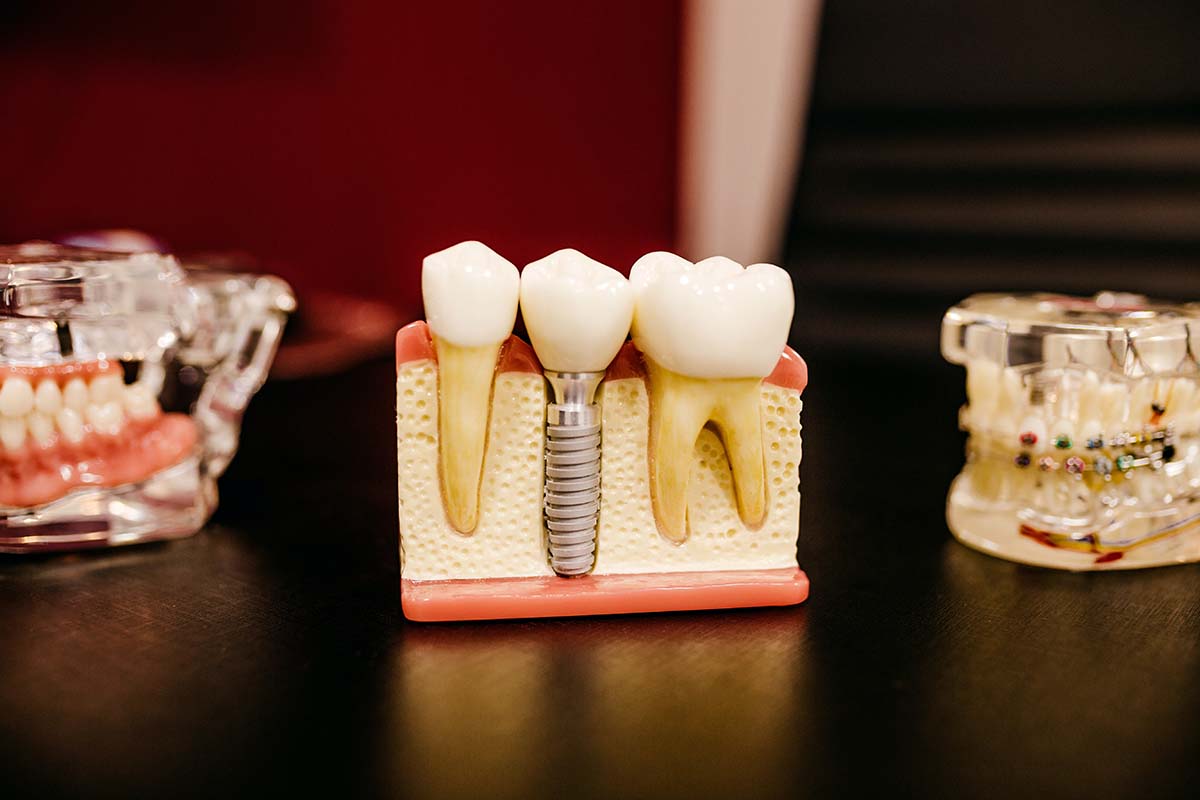Tooth extraction is a common procedure that many people experience at some point in their lives. It’s a simple and relatively painless procedure, but it’s important to make sure you’re seeing the right dentist for the job. Tooth extraction is a job for a specialist, so it’s important to know which type of dentist to consult for the procedure. Different types of dentists have different specializations and qualifications, so it’s important to know who to trust with your oral health. This article will provide information about which type of dentist is best for tooth extraction, and what to expect during the procedure. We’ll also discuss the importance of seeing the right dentist for the job, and how to make the right choice. So if you’re in need of a tooth extraction, read on to learn more about the type of dentist you should see.
What is a tooth extraction?
Tooth extraction is a procedure where a dentist removes a tooth. A tooth is the pointed piece of bone in the mouth that comes in different shapes and sizes, including molars, canines, and incisors. Tooth extraction is used when a tooth becomes damaged or diseased, or if it causes pain. Tooth decay is the major cause of tooth extraction in the United States. When a tooth becomes infected due to decay or injury, a dentist can remove the tooth and treat the infection at the same time. If you are experiencing tooth pain or are due for a routine cleaning and exam with your dentist, it’s likely that you will be recommended for tooth extraction. You may also elect to have a tooth extracted if you have a medical reason to require the procedure, such as if the tooth is blocking your airway.
Types of dentists and their specializations
There are many ways to specialize in dentistry. Finding a Southaven Tooth Extraction Dentist can be quite the task. Specialties can range from the oral and maxillofacial (OMF) field, which deals with the mouth, face, and jaw, to endodontics, which deals with the root canal treatment of teeth. In addition, other specialties include pediatric dentistry, cosmetic dentistry, restorative dentistry, and oral surgery. When considering which dentist to choose for a tooth extraction, it’s important to consider the type of dentist. Different types of dentists have different specializations and qualifications, so it’s important to know who to trust with your oral health. This will help you better navigate the dental health care system and find a dentist who is the right fit for you and your needs.
Differences between endodontists and oral surgeons
Endodontists and oral surgeons are two different types of specialists who specialize in treating oral health. While both are dentist specialists, endodontists treat the root of the tooth and have a greater level of knowledge and experience in treating teeth. Oral surgeons, on the other hand, have a greater level of expertise in treating the human body. Endodontists are trained to treat a range of dental conditions, and may receive additional training in the treatment of orthodontics and periodontics, two other fields of dentistry that pertain to teeth. Many people find it helpful to know the differences between a dental specialist. For example, endodontists are trained to treat the root of a tooth, whereas oral surgeons are trained to treat the whole body, including the mouth. Both types of specialist are highly trained and skilled in their field, but there are different areas of specialization. The crosstalk between oral surgeons and endodontists is essential, as both fields of dentistry play an important role in ensuring good oral health.
The importance of choosing the right dentist
The right dentist for your extraction job is essential. Tooth extractions are a job for a specialist, so it’s important to know who to consult for the procedure. Different types of dentists have different specializations and qualifications, so it’s important to know who to trust with your oral health. This will help you better navigate the dental health care system and find a dentist who is the right fit for you and your needs. The right dentist for your extraction job will be a dentist that has experience performing the procedure and treating the type of damage that caused your tooth to break. A general dentist may not be the best fit for your extraction. If possible, it’s important to call around and find a dentist who specializes in tooth extractions. You may also want to consider seeing a specialist dentist if you have a high-risk medical condition like heart disease, diabetes, or kidney disease. It’s important to make sure you’re seeing the right dentist for the job.
Preparing for a tooth extraction
The procedure is relatively painless, but it’s still important to prepare yourself for the experience of a tooth extraction. You may want to wear comfortable clothing and bring a book or any other items that you’d like to occupy your time. You’ll also want to make sure you’re prepared for being away from work and other responsibilities. Some patients find it helpful to bring a caregiver or make an appointment with a friend to take care of other responsibilities while they’re in the dentist’s chair. If possible, it’s important to make an appointment at a dentist who specializes in tooth extractions. Some dentists offer extractions on an as-needed basis, but it’s important to make sure you’re seeing the right dentist for the job. Your extraction may also be performed by a general dentist or a dental assistant under the supervision of a specialist dentist.
What to expect during a tooth extraction
A tooth extraction will typically take between 30 minutes and an hour, depending on the complexity of the extraction and the type of dental tools that are used. During the procedure, a dentist will use a variety of dental tools to remove your tooth, including: A dental explorer to remove a calculus stone or a foreign object A dental hand piece to remove the tooth root A dental suction to remove the tooth root A dental hand piece to remove the tooth root
Aftercare instructions
After your tooth extraction procedure is over, it’s important to follow post-procedure instructions from your dentist and dental care team, including your oral surgeon, endodontist, oral health care team, and oral surgeon. You may be prescribed pain medication, antibiotics, and a bite guard to help prevent further damage to the tooth root. It’s important to follow your post-procedure instructions from your dentist and dental team to help prevent further damage to the tooth root. You’ll also want to keep your mouth clean and follow a healthy diet to help prevent further damage to the tooth root. It’s also important to follow your post-procedure instructions from your dentist and oral surgeon. If your tooth extraction was performed by a general dentist, you may notice some swelling in the first few days after the procedure. Try not to bite down on anything while you’re healing, and make sure you’re drinking plenty of water to help keep your mouth clean.
Tips for finding the right dentist
When searching for the right dentist for your extraction job, it’s important to remember that different types of dentists have different specializations and qualifications. The best way to find the right dentist for your extraction is to ask your Southaven dentist first for recommendations, call around to different dentists, and visit the American Dental Association’s (ADA’s).




